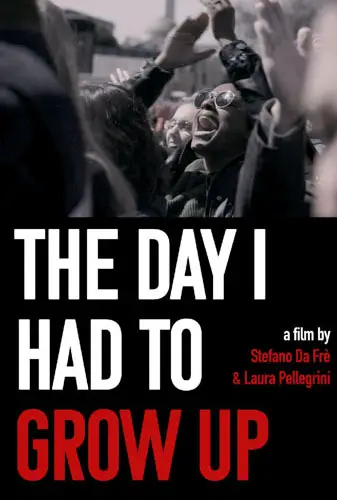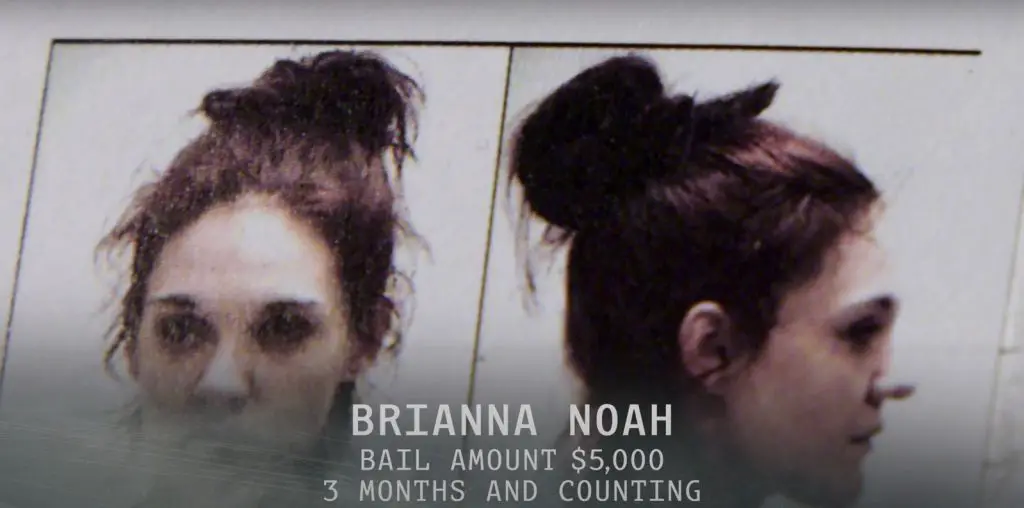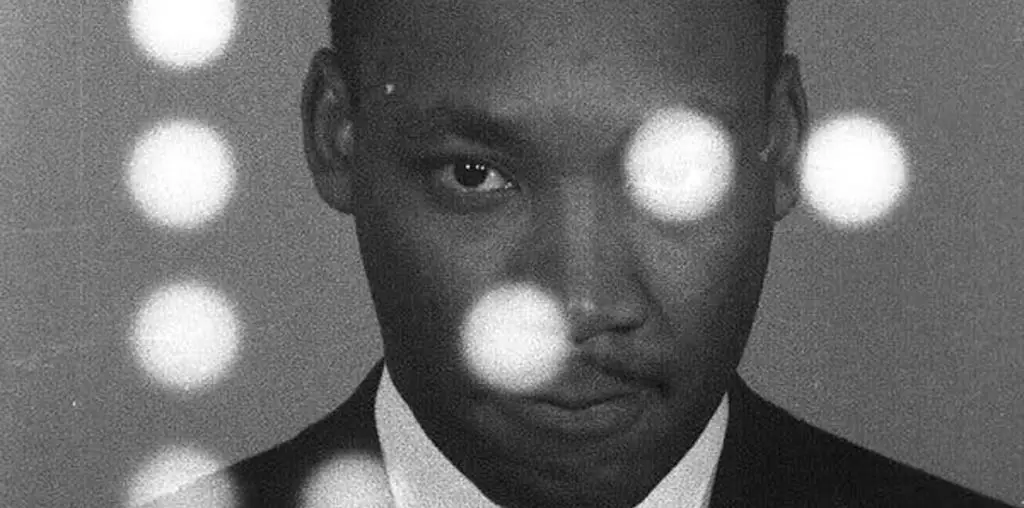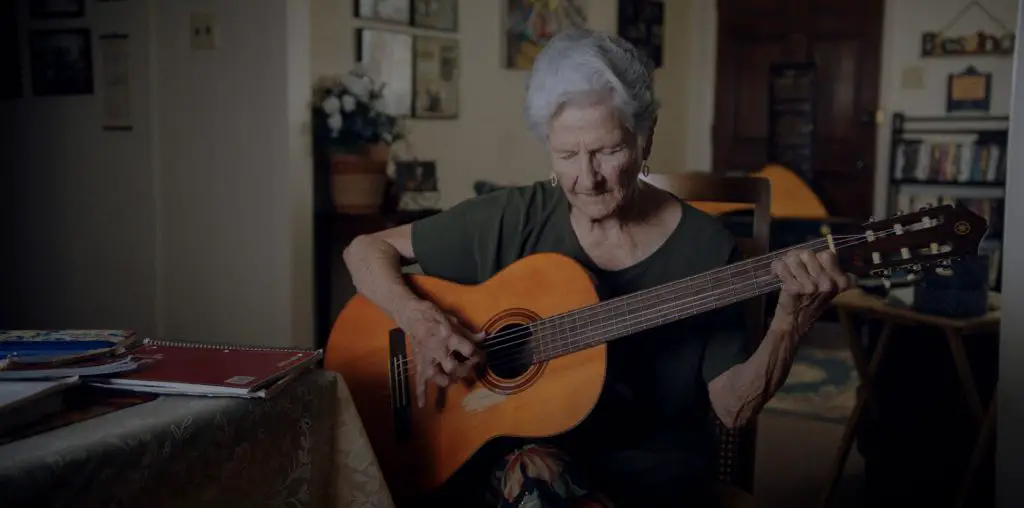
I know it sounds cynical as I write this, but documentaries like Stefano Da Fre and Laura Pellegrini’s The Day I Had to Grow Up comes around literally once a generation. The film opens with a speech that went viral of student activist Jeremy Ornstein outside of Speaker Nancy Pelosi’s office in Washington. The speech was impassioned, to say the least, and led to Ornstein’s arrest along with fellow activists.
In the film, co-writers and directors Da Fre and Pellegrini spotlight youth activism by interviewing several notable activists, including Orenstein, Violet Kopp, Griffin Gould, Taylor Nicole Turner, Saira Salyani, and Sofia Ongele. At the time of the interview, each activist was between 17 and 18 years old and spoke about subjects ranging from the climate crisis, gun violence, abortion and women’s rights, poverty, and Black Lives Matter.

“…[spotlights] youth activism by interviewing several notable activists…”
Let me address my cynicism for a moment. Student activism is not new. My generation had student activists along with the generation before and after and after and after. What hasn’t changed is the passion and desire to see real progress made in bettering this world. Orenstein talks about being at the intersection of criticality and hope. Quite frankly, hope is not always something we hear from our activists.
Also different with this generation of protest is the use of social media to get one’s message out and the community built between the like-minded. The Day I Had to Grow Up does a great job shining a light on the young people and gives us a glimpse into why they do what they do.
Having seen documentaries like The Day I Had to Grow Up over the last several decades, there is nothing new in the message. Just compare these students to Abbie Hoffman from the late 1960s. But the truth is protest and activism against our local, state, and federal government are vital to this system of checks and balances. Films like this keep the flame burning.

"…films like this keep the flame burning."


